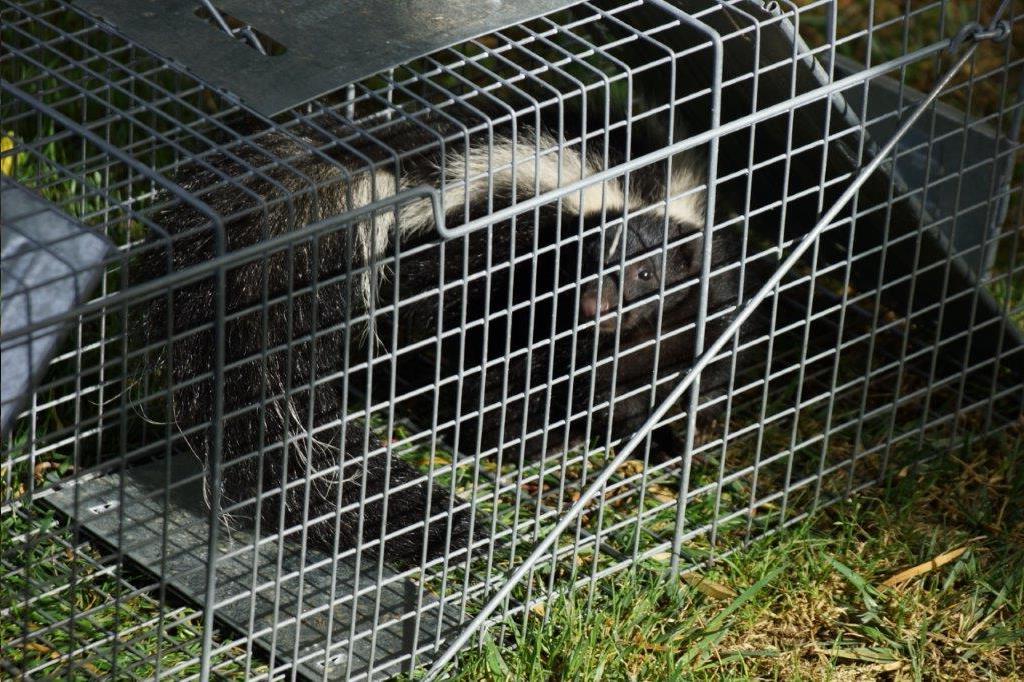
Skunks are small mammals up to 8-9 inches in size and weighing up to 14 pounds. They are recognized by their black and white fur. They can sometimes nest in houses and be a cause of bother. They can destroy plants, dig your garden and spray your pets, even you. Here is all you need to know to avoid encountering this troublesome situation.
- How a skunk reacts to danger
Skunks are normally calm and tolerant. It will not spray at anyone unless it feels threatened. However, when this creature feels a hint of danger or is threatened by any predator, it will spray the victim with its horrible smelling sulphuric liquid. This liquid isn't too harmful but has a strong unpleasant odor that doesn't leave for days.
- Where are skunks found
Skunks are usually found where food sources are accessible, or where it finds it safe to dwell. They tend to build dens under decks, sheds or patios. They find those safe enough to hide from predators or to reproduce. Usually, they dig up to a foot underground to build dens. Several animals may live in one den at a time.
Skunks are omnivorous creatures so they'll be attracted to places abundant in insects, grubs, and earthworms, also in berries, leaves, and nuts. They may dig in your lawn searching for food. Grubs are the main cause of this destruction. In urban or suburban areas, skunks might also be caught feeding off of garbage or scavenge for dead rodents. They may also eat pet food.
- How to keep skunks away
Skunks are repelled by light and like to stay in the dark. To keep them away, adding lights to your yard is an effective method. To keep skunks out of your yard, you must make sure that any open spaces from which skunks may try to enter must be sealed by solid metal flash wire or quarter inch screening.
Skunks are attracted to things such as pet food, garbage bags, leftover vegetables, water bowls, etc. These attractants draw many wild animals towards them. Make sure your yard has none of these. Motion activated sprinkler pipes, if installed, help keep skunks and other pesky animals away. If placed near the locations skunks are suspected of sheltering, they'll prove to be highly successful.
- What to do if you get sprayed
If skunked, wash all sprayed clothes, animals, people, and fabric as soon as possible. Use a solution of vinegar or peroxide. It will remove the odor-causing oils by dissolving them. You can also use deodorants and commercial sprays to neutralize the skunk smell. For outdoor structures, use bleach to clean skunk spray. If these home remedies don't work, then seek professional treatment.
Go back to the
New Britain wildlife removal home page.
